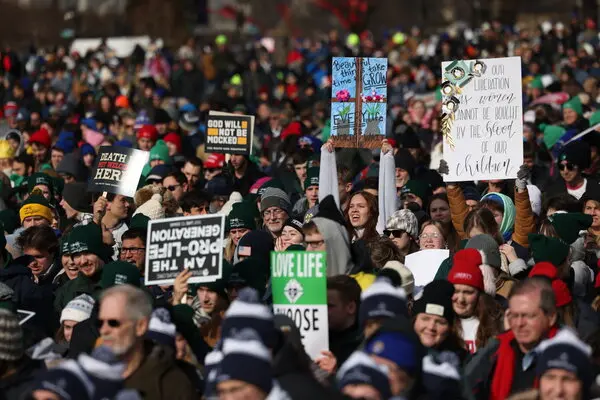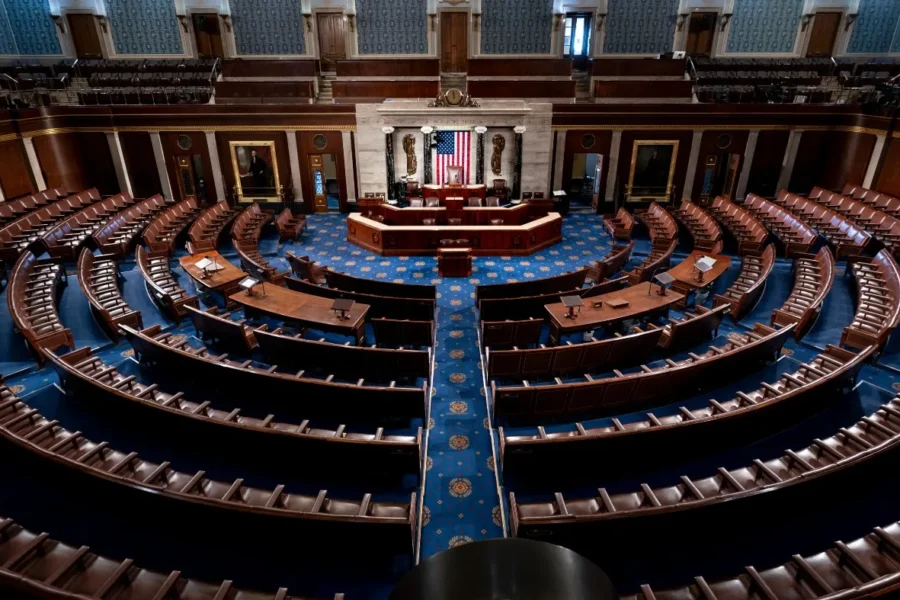As advocates for the legalization of assisted suicide loudly celebrate victory in Hawaii, it would be very easy to become discouraged— but don’t. While Hawaii is certainly a setback that may have potentially fatal consequences for some of the vulnerable citizens of the Aloha State, the broader view of the fight against assisted suicide is one of hope.
Currently, there are 41 states that affirmatively prohibit physician-assisted suicide and impose criminal penalties on anyone who helps another person end his or her life. In 1997, Oregon became the first jurisdiction in the U.S. to establish a state-sanctioned system for physician-assisted suicide. Since then, six jurisdictions (Washington in 2008, Vermont in 2013, California and Colorado in 2016, D.C. in 2017, and Hawaii in 2018) have waded into the murky waters of legalized assisted suicide. During that same period, 10 jurisdictions (Kansas, Maryland, Michigan, Oklahoma, South Carolina, and Virginia in 1998, Georgia in 2012, Alabama and Ohio in 2017, and Utah in 2018) have taken action to prohibit this dangerous practice. Even more encouragingly, state lawmakers have rejected more than 200 attempts to institute assisted suicide regimes. In addition, the state supreme courts in Alaska, Florida, New Mexico, and New York have all refused to find a “right to die” by assisted suicide in their state constitutions.
This trend continues into the 2018 session as well. AUL has joined with a broad coalition of physicians, patients’ rights groups, disability advocates, pro-life groups, and elder care advocates to fight back against assisted suicide legislation in Alaska, Connecticut, Massachusetts, and Rhode Island. The legislatures of Connecticut and Massachusetts have both already rejected the bills in question, and we continue to work with our coalition allies to fight in Alaska and Rhode Island.
But perhaps the greatest hope lies in the integrity of the medical profession, who clearly take their oath to “do no harm” very seriously with regards to this issue. One year after legalizing assisted suicide, the District of Columbia has seen that physicians are unwilling to participate in killing the patients they are charged with healing. Reports show that fewer than 0.0002% of the District’s physicians are willing to participate in assisted suicide. Our hope at AUL is that the physicians of Hawaii will follow this example and refuse to participate in the taking of human life.




